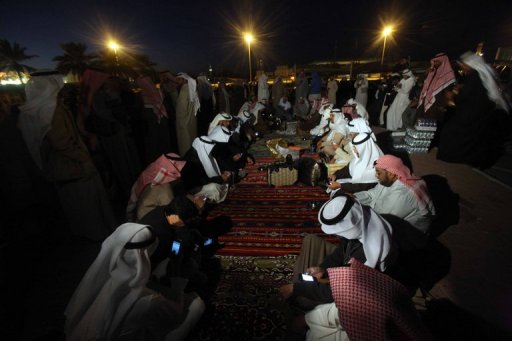In a newly published report, the IMF said years of conflict have destroyed the economies of several countries in the Middle East. The organization said it could take years for countries to regain their footing.
The International Monetary Fund (IMF) on Friday highlighted the economic consequences of wars in the Middle East and North Africa, predicting the region’s recovery could take at least a generation.
The Washington-based lender said conflicts had sparked recessions, driven up inflation and rendered institutions powerless from Libya to Yemen.
Ongoing wars have seen Syria’s GDP in 2015 account for less than half of what it did in 2010, while Yemen has lost as much as 35 percent of its GDP this year, the report said. In Iraq and Afghanistan, inflation reached more than 30 percent in the mid-2000s, while in Yemen and Libya it peaked at more than 15 percent in 2011.
In addition, conflicts have also had economic consequences for neighboring countries like Jordan, Lebanon, Tunisia and Turkey, leading to an influx of refugees and weaker security.
A generation of gains erased
Calling the numbers presented in the report “staggering,” IMF chief Christine Lagarde urged in a blog post accompanying the report for a more concerted response to the economic crises.
The regional wars have negated “development gains for a whole generation,” she wrote. Syria alone would take at least 20 years for its economy to regain its pre-war strength.
Lagarde said protecting institutions such as fiscal agents and banks, prioritizing spending and maintaining macroeconomic controls are essential for relieving economic pressure in the affected countries. She also called on “external partners” like the IMF to offer support by giving policy advice or helping raise funds for countries hosting refugees.
“The international community has a major responsibility in helping countries in the region overcome this situation,” she wrote. “We are ready to do our part.”




